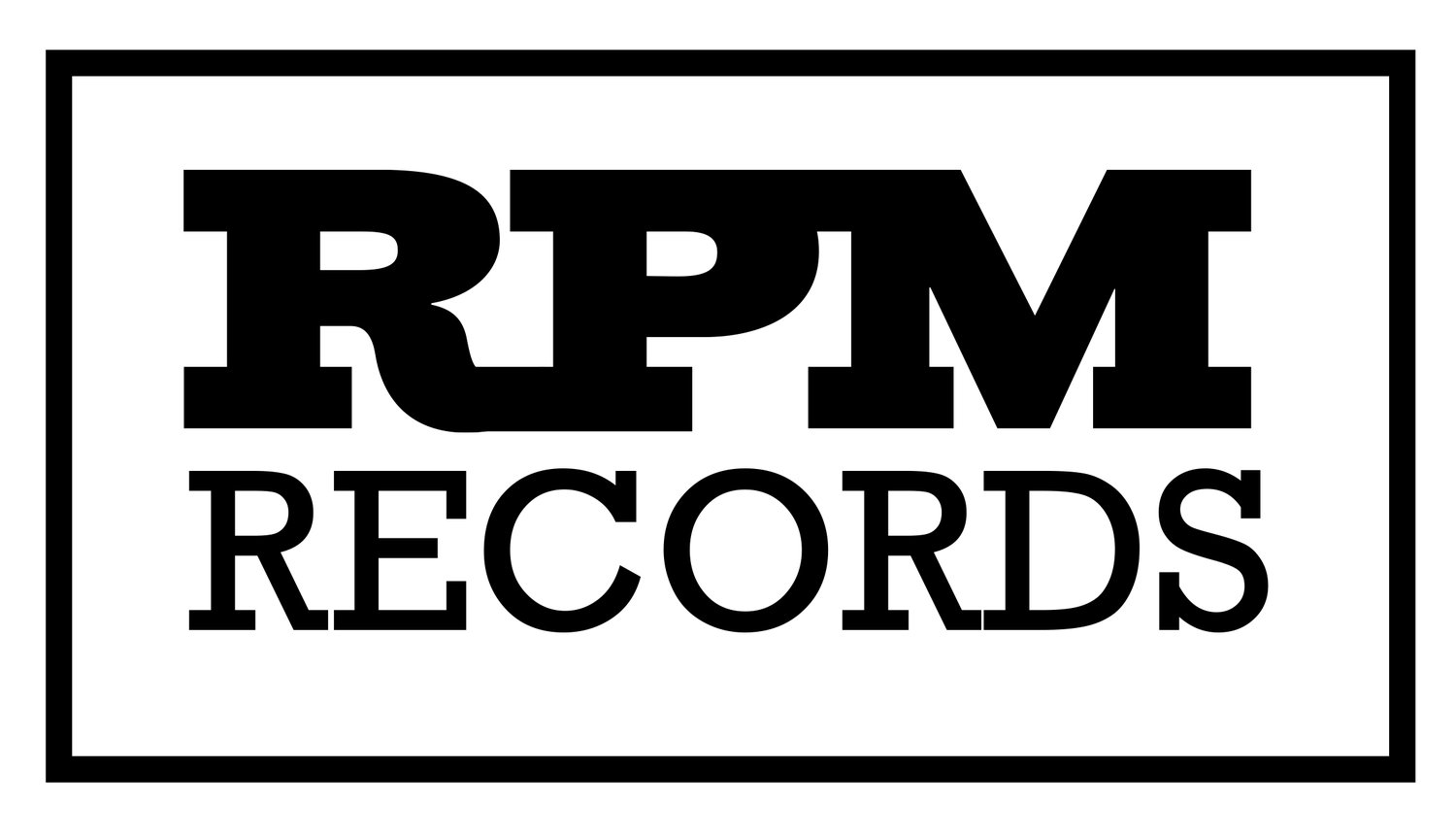STREAM: David Morin's Soulful Debut Album 'Every Colour' is Beautiful Music for the People
/David Morin is being called "the next big thing in music". Listen to Every Colour and you'll see why.
If you grew up in the era of the Soulquarians, Dilla, D'Angelo, Badu and the whole neo-soul movement—well, damn, whenever you were born—you know how those deep, souled out, hip-hop vibes make you feel.
Those jonz in your bones, everybody loves the sunshine, brown sugar, guess I'll see you next lifetime vibes. You know, those soulful feels. The everything is right in the world and despite all the pain and struggle and endless things to worry about you know you need to just kick back and vibe out kind of feels.
That goodness. That realness. Vibes.
That's what Métis artist David Morin's Every Colour has. It's music that moves you with both the rawness of its streetcorner cypher origins and the polish of its professionalism—soulful gems crafted in some hidden Vancouver version of Electric Ladyland, magic made in the quiet hours of long, languid west coast nights.
Morin's take on soul music is studied without sounding derivative. Over the album's 12 tracks, Every Colour effortlessly flows out your speakers with its expertly crafted, on point vocal performances, and produced-to-perfection sheen. But don't get it twisted: the high gloss acoustics are just a bit of honey added to the mix that soak into the depth of Morin's deft musicality and subtle lyrical jabs at systems that aren't working for the people.
Who else is crooning, as Morin does on "You and Me"—"so sadistic / on a mission / to control the way you think / in a system / where all they do is take/ it's just a classic case / of a fascist state / lying to your face"—over a rolling bassline, Isaac Hayes'd strings, and a breezy, George Benson-esque guitar lick?
Morin makes systemic critique sound like sweet seduction.
Deeply indebted to Voodoo-era aesthetics, Every Colour overflows with D'Angelo-inspired, winding grooves, horns, strings, tasteful guitar stabs, and head-knocking hip-hop beats, that expand and contract in constant interplay with Morin's melodic, layered vocals.
Enlisting acclaimed producer Joby Baker on the boards and with Bombay Records at his back, Morin is already getting love from established hip-hop media outlets: a recent feature in The Source dubbed him "The Next Big Thing in Music" and, just this week, Okayplayer showed him love with a video premiere of his latest single, "Come Home".
Known both for his legendary street performances and live performance skills, Morin is more than just a singer—his multi-instrumental talents as a beatboxer, loop pedalist, beatmaker, and varied vocalist have set him on a rising trajectory to infiltrate mass musical consciousness. We challenge you not to get down.
David Morin is the truth. And his gospel is soulful goodness.
Every Colour is available everywhere on iTunes. Stream the album in full below, and catch him on tour or at a street corner near you.









